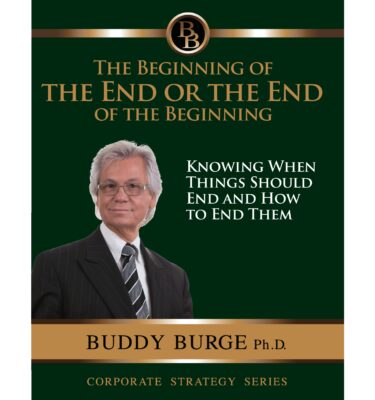Description
Human nature is instinctual; human organizations are instinctual and leaders are instinctual. In other words, leaders tend to use the management style that is most natural for their personality type.
This means of course, that even CEOs have blind spots; things they don’t see in themselves that others can easily see in them. This in turn causes all kinds of problems. But if you told said leader that her management style was causing complexity, she would be surprised, if not appalled. Others surely are to blame, but not them.
So what’s going on? Two very natural human tendencies; leaders on a daily basis tend to overdo their strengths and avoid areas of discomfort; that’s what.
“The Key to Self Mastery” has been written to address this pervasive, vexing and dichotomous leadership issue.
We will begin by discussing the five predictable but largely unconscious stages human beings go through when they successfully make a significant personal change. We will then analyze the nine psychological steps scientific research suggests will best help us make permanent change in our lives and then detail the 27 strategies you can use to break a bad habit, either personal or organizational, or begin a better one.
We will then examine more specifically what we can do to address our personal blind spots and expand our leadership repertoire.
In “The Key to Self Mastery” you will also learn:
1. How to be a more confident leader
2. Self-Mastery: What it is, why we need it and how do we get it?
3. How to turn your weaknesses into strengths without changing who you are
4. Nineteen bonus self mastery strategies
5. How to overcome procrastination
6. How to turn negative emotions into positive emotions





Reviews
There are no reviews yet.